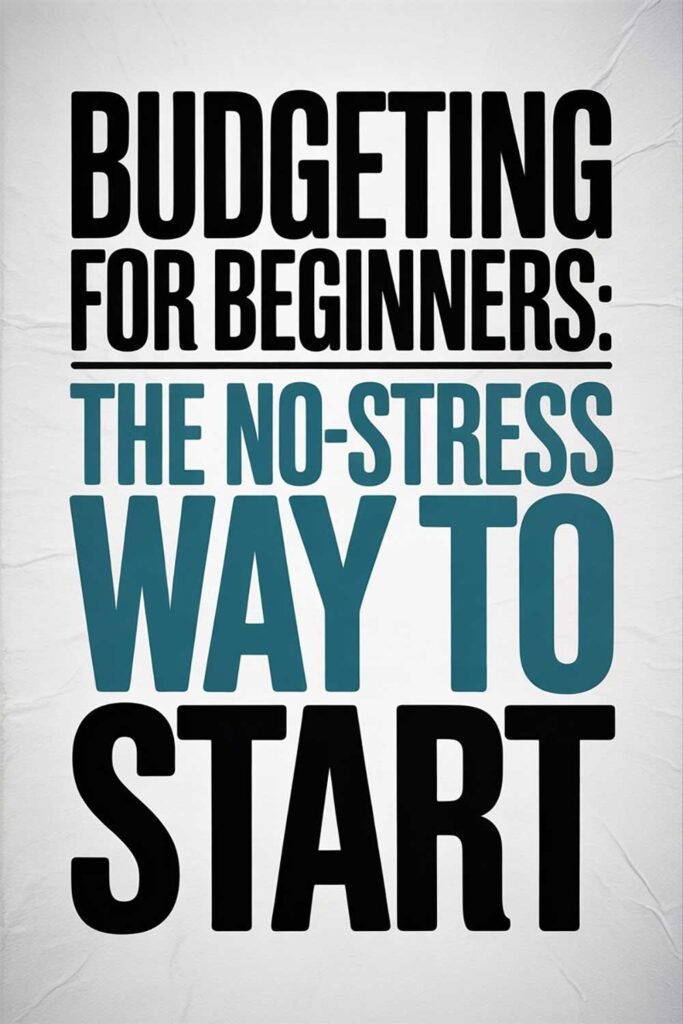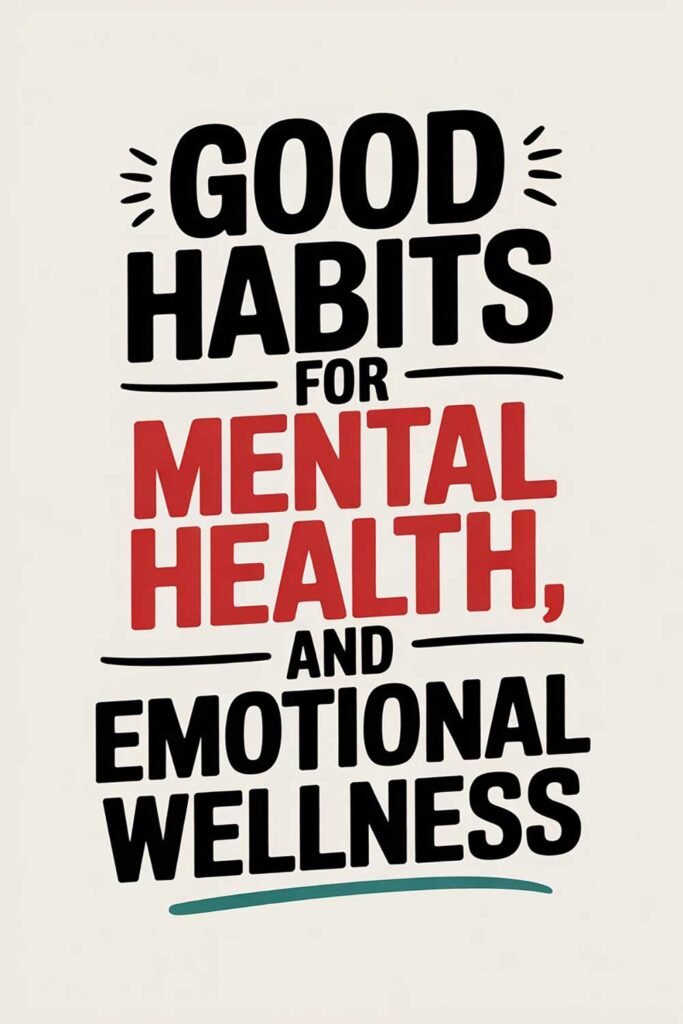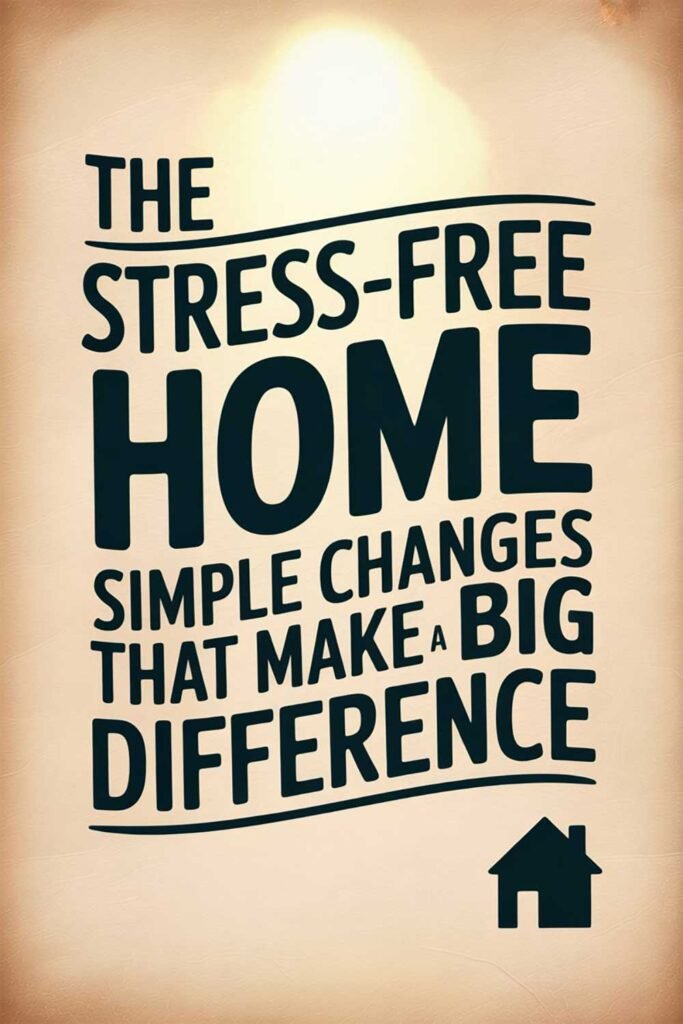
If you know someone who could benefit from this article, please share it with them. Sleep is essential for mental health, and prioritizing it can lead to greater clarity, resilience, and overall well-being.
The Importance of Sleep for Your Mental Health
Why Sleep Matters
Sleep is a fundamental pillar of health, influencing every aspect of your physical, mental, and emotional well-being. For mental health in particular, sleep plays a crucial role in regulating mood, processing emotions, and maintaining cognitive function. Without adequate rest, the mind struggles to perform at its best, leading to increased stress, anxiety, and other challenges.
The Connection Between Sleep and Mental Health
- Regulates Mood: Sleep helps stabilize emotions, reducing irritability and enhancing positivity.
- Processes Emotions: The brain uses sleep to process and store emotional experiences, improving emotional resilience.
- Boosts Cognitive Function: Adequate rest supports memory, decision-making, and problem-solving.
- Reduces Stress: Sleep lowers cortisol levels, alleviating the physical and mental effects of stress.
- Supports Mental Health Conditions: Poor sleep can exacerbate conditions like anxiety, depression, and bipolar disorder, while improving sleep often alleviates symptoms.
The Risks of Sleep Deprivation
Chronic sleep deprivation can lead to significant mental health challenges, including:
- Increased Anxiety: Lack of sleep heightens stress responses, making it harder to manage anxiety.
- Depression: Sleep disruption is both a symptom and a contributing factor to depression.
- Memory Problems: Impaired sleep affects the brain’s ability to form and retain memories.
- Emotional Instability: Difficulty regulating emotions can lead to mood swings and heightened sensitivity.
- Decreased Productivity: Fatigue reduces focus, creativity, and efficiency.
How Much Sleep Do You Need?
The amount of sleep needed varies by age and individual factors, but general guidelines suggest:
- Adults: 7-9 hours per night.
- Teens: 8-10 hours per night.
- Children: 9-11 hours per night.
Tips for Better Sleep
1. Create a Consistent Sleep Schedule
Go to bed and wake up at the same time every day, even on weekends. Consistency reinforces your body’s natural sleep-wake cycle.
2. Establish a Relaxing Bedtime Routine
Wind down with calming activities to signal your body that it’s time to sleep.
- Examples:
- Reading a book.
- Taking a warm bath.
- Practicing meditation or deep breathing exercises.
3. Optimize Your Sleep Environment
Ensure your bedroom is conducive to restful sleep.
- Tips:
- Keep the room dark, quiet, and cool.
- Invest in a comfortable mattress and pillows.
- Use blackout curtains or a white noise machine if needed.
4. Limit Stimulants and Screen Time
Avoid caffeine, nicotine, and electronic devices in the hours leading up to bedtime.
- Why: Blue light from screens interferes with melatonin production, delaying sleep onset.
5. Be Mindful of Diet and Exercise
- Diet: Avoid heavy meals and alcohol close to bedtime.
- Exercise: Regular physical activity promotes better sleep but avoid vigorous exercise late in the evening.
6. Manage Stress and Anxiety
Stress management techniques can improve sleep quality by calming the mind.
- Suggestions:
- Journaling to release worries before bed.
- Practicing mindfulness or yoga.
- Using guided relaxation apps.
When to Seek Help
If sleep problems persist despite efforts to improve your habits, consider seeking professional support. Sleep disorders like insomnia or sleep apnea may require targeted interventions.
- Who to Consult:
- A primary care doctor.
- A sleep specialist.
- A mental health professional for anxiety or depression-related sleep issues.
Practical Exercises to Improve Sleep
- Breathing Exercise: Spend 5 minutes focusing on slow, deep breaths to relax before bed.
- Sleep Diary: Track your sleep patterns and identify habits or stressors that may be affecting rest.
- Gratitude Practice: Reflect on positive aspects of your day to foster a calm, content state of mind.
- Progressive Muscle Relaxation: Gradually tense and release each muscle group to ease tension.
Picture This
Imagine waking up feeling refreshed and clear-headed, ready to tackle the day’s challenges with energy and focus. Prioritizing sleep allows you to process emotions, stay resilient, and maintain a positive outlook. What small change will you make tonight to improve your sleep and support your mental health?






